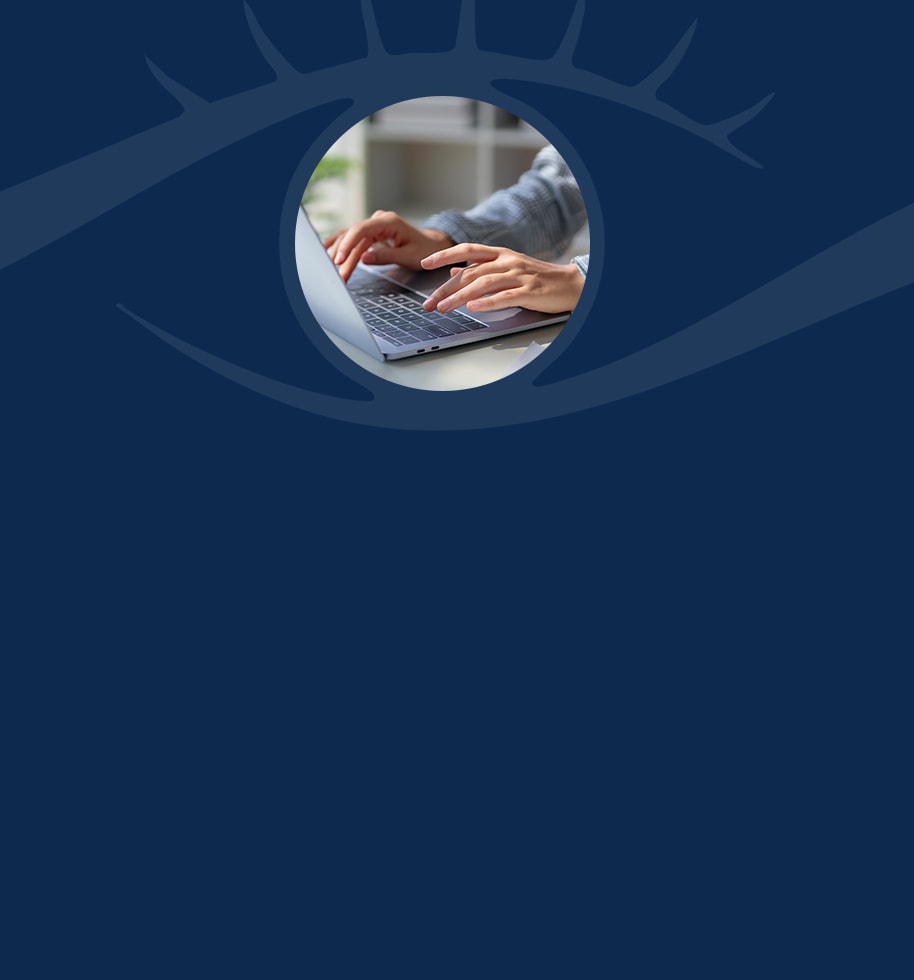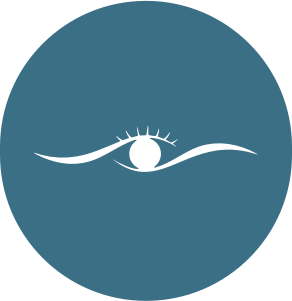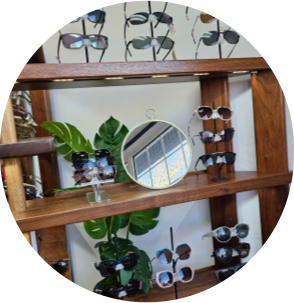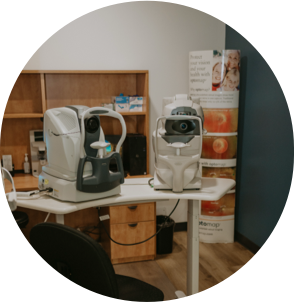A friend may recommend blue light glasses if your eyes hurt when looking at digital screens like your computer. These glasses can help filter blue light for however long you wear them. If you’re a frequent screen user, you might wonder if you can wear these glasses all day.
While you can wear your blue light glasses all day, every day, they may not be the best way to prevent digital eye strain symptoms.
What Is Blue Light & How Does It Affect You?
Blue light is everywhere—phones, laptops, and the sun. You don’t know when you’re being exposed to blue light because it isn’t visible. Blue light combines with other colours to create the white light you see from the sun.
With the rise of digital eye strain, many patients are wary of blue light. However, blue light has several benefits for your health, including:
- Helping memory
- Boosting alertness
- Improving mood
- Increasing attention span
- Improving reaction time
However, blue light can negatively affect you if you’re overexposed to it, especially from artificial sources. People frequently use phones, computers, tablets, and other devices for multiple hours every day.
What Are Blue Light Glasses?
Blue light glasses prevent certain light from reaching your eyes. You may have blue light glasses or a filter added to your prescription lenses.
The idea behind blue light glasses is that by blocking blue light from reaching the eyes, you can prevent digital eye strain symptoms, such as:
- Blurry vision
- Double vision
- Watery eyes
- Headache
- Sore, tired eyes
- Light sensitivity
Can You Wear Blue Light Glasses All the Time?
Yes, you can wear blue light glasses all day if you’d like. These glasses only filter out blue light, so they won’t interfere with your vision. However, they may not help prevent digital eye strain symptoms as well as you think.
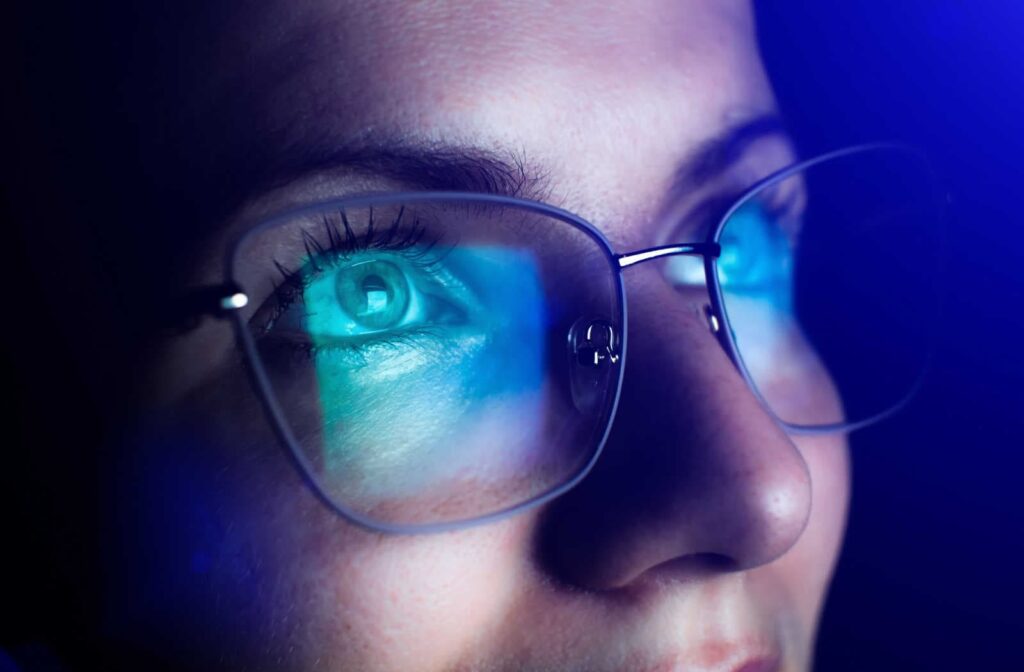
Are Blue Light Glasses Beneficial for Your Eye Health?
Research varies on whether or not blue light glasses can help prevent digital eye strain symptoms. A 2017 study states that there isn’t enough evidence to show that these glasses can benefit your eyes. Blue light glasses may not be helpful for digital eye strain because blue light isn’t the cause of this irritation.
According to the Canadian Association of Optometrists, blue light, especially from artificial sources like digital screens, has no evidence it’s harmful to the eye, but can lead to poor sleep quality and daytime fatigue. This association recommends that each patient discuss blue light glasses with their optometrist to help make an informed decision.
In general, eye strain occurs from extended focus, and how you use your devices can lead to discomfort rather than exposure to blue light. Changing how you use digital devices can help prevent future irritation, such as:
- Taking frequent breaks
- Adjusting room lighting
- Sitting at your computer properly
- Blinking often to hydrate your eyes
Blue light glasses can have their benefits, especially for your sleep cycle. A 2017 study found that blocking blue light can help improve sleep, including its quality and duration. Blue light can disrupt your sleep cycle, making it harder to fall asleep at night, and using blue light filters can help you keep a healthy sleep schedule.
Tips for Buying Blue Light Glasses
Opinions on blue light glasses can be divisive, but you might want to try them out. These glasses can be available as a separate pair of lenses or a filter applied to your current glasses.
Consider these tips if you’re looking for blue light glasses:
- Invest in quality glasses: You can buy blue light glasses from different retailers, but they may not meet your needs. Ask your optometrist if they have blue light filters available. They can provide you with a pair of customized glasses.
- Get comfortable glasses: You want comfort if you’re wearing them frequently. Ensure your frames fit your face and don’t pinch your nose or ears.
Ask for Your Optometrist’s Opinion
While blue light glasses may not be the best option for preventing digital eye strain symptoms, they can make computer use more comfortable and benefit your sleep schedule. If you’re on the fence about these glasses, speak with your eye doctor. They can give you their opinion after assessing your eyes and vision.
Contact us at Prairie Vision if you experience digital eye strain symptoms.
